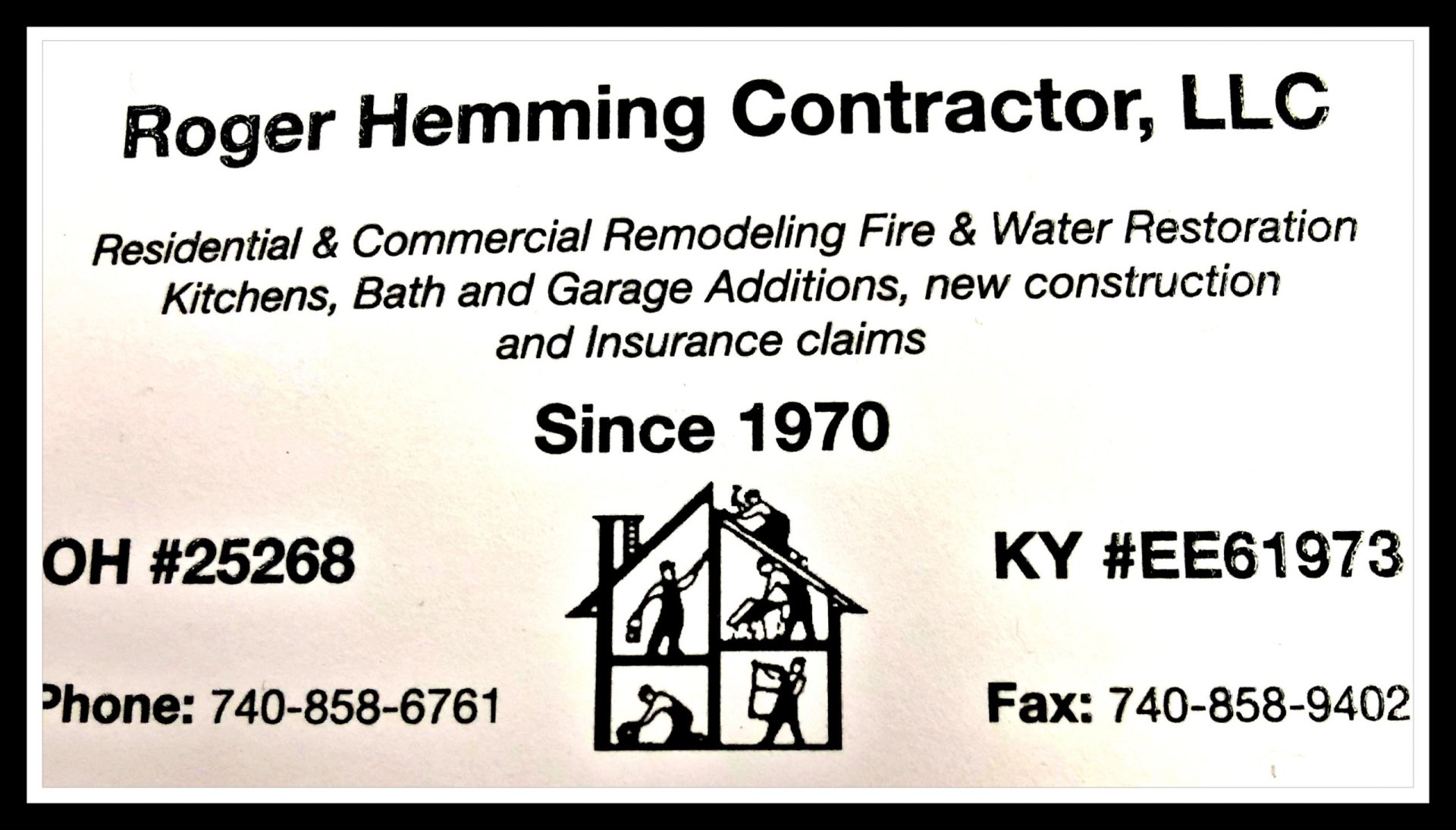As we spend more time indoors, it’s essential to consider the quality of the air we breathe. Poor indoor air quality can lead to various health issues, including respiratory problems, allergies, and even long-term diseases. Fortunately, there are several heating and air solutions that can help improve indoor air quality.
These solutions, such as air purifiers, proper ventilation, and regular maintenance of HVAC systems, can make your home a healthier and more comfortable space, ensuring that you and your family breathe clean, fresh air.
The Importance of Indoor Air Quality
Indoor air quality is often overlooked, but it’s necessary for our health and well-being. The air inside our homes can be up to five times more polluted than outdoor air, according to the Environmental Protection Agency (EPA). This is due to various factors, including:
- Pollutants from building materials and furnishings
- Moisture and humidity
- Poor ventilation
- Heating and cooling systems that don’t properly filter the air
Bad indoor air quality can cause allergies, asthma attacks, and other health problems. Young kids, older people, and those with health issues need to have clean air to breathe.
How Heating and Air Solutions Can Help
Heating and air solutions, like your HVAC (heating, ventilation, and air conditioning) system, play a big role in keeping indoor air clean. Here are some ways they can help:
1. Regular Maintenance
Just like how you need to check up on your car, your HVAC system needs regular maintenance too. Changing filters, cleaning ducts, and checking for leaks can keep your system working well. Clean filters trap dust and allergens, so they don’t circulate in the air.
2. Use High-Quality Filters
Not all filters are the same. Some are better at trapping tiny particles like pollen and pet dander. Using high-quality filters can make a big difference in your indoor air quality. Ask heating and air companies near Charleston, SC about the best filters for your system.
3. Control Humidity
Humidity means how much moisture is in the air. Too much humidity can lead to mold growth, while too little can make the air dry and irritating. Your HVAC system can help control humidity levels, keeping them just right.
4. Ventilation
Ventilation means bringing fresh air into your home and pushing out the stale air. HVAC systems with good ventilation help to remove pollutants and bring in clean air from outside. This keeps the air fresh and healthy.
5. UV Light Technology
UV light technology uses ultraviolet light to kill bacteria, viruses, and other microorganisms that can contaminate the air. This technology can be installed in your heating and cooling system or used in air purification systems.
Why Regular Maintenance is Important
Regular maintenance is essential for ensuring that your heating and air solutions are working effectively to improve indoor air quality. Here are some reasons why regular maintenance is important:
- Ensures proper airflow and filtration
- Prevents the growth of mold and bacteria
- Reduces the risk of system failures
- Saves energy and reduces utility bills
If you’re looking for reliable heating and air companies near Charleston, SC, consider hiring a professional service such as Charleston Heating and Air to inspect and maintain your heating and cooling system. By utilizing your HVAC system effectively and seeking professional assistance when needed, you can ensure a cleaner, healthier indoor environment for you and your family.
How to Improve Air Quality at Home?
Besides using your HVAC system, there are several simple things you can do to improve air quality in your home. Regularly dusting and vacuuming with a HEPA filter can help reduce dust and allergens. Opt for natural or non-toxic cleaners instead of harsh chemicals to maintain better air quality.
When the weather is nice, open your windows to let fresh air in and ventilate your home naturally. Adding houseplants like spider plants, peace lilies, and snake plants can help purify the air and enhance your home’s aesthetic.
FAQs
How often should I change my HVAC filters?
It’s a good idea to check and change your HVAC filters every 1-3 months, depending on how much you use your system and if you have pets.
What are some signs of poor indoor air quality?
If you or your family members have frequent headaches, sneezing, coughing, or feeling tired often, it might be because of poor indoor air quality.
Can indoor plants improve air quality?
Yes, some indoor plants can help remove toxins from the air and provide fresh oxygen, improving overall air quality.
Conclusion
Improving indoor air quality is essential for our health and well-being. Using heating and air solutions, like regular HVAC maintenance and high-quality filters, can make a big difference. Simple habits, like keeping your home clean and letting in fresh air, also help.
Remember to regularly maintain your heating and cooling system to ensure that it’s working effectively to improve indoor air quality.























































































